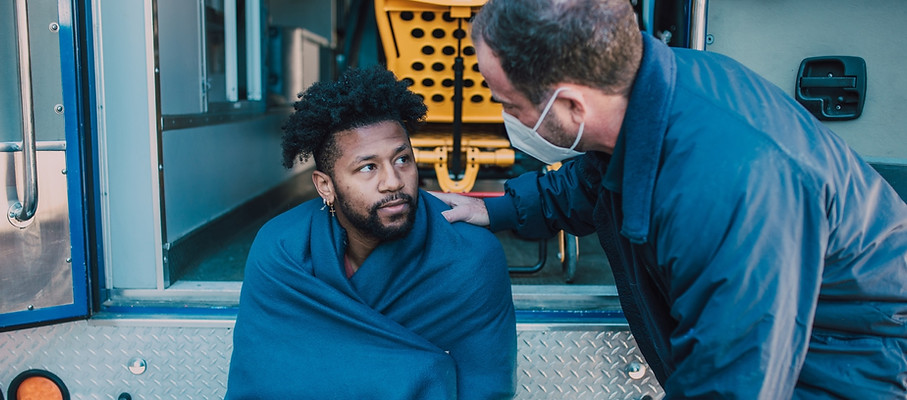
Not feeling yourself? Most seasoned first responders don’t.
There’s good reason why. Ready to try something different?

The physical and mental demands of first responders are overwhelming. Seasoned first responders often battle cumulative symptoms of secondary trauma, anxiety, and depression. This program aims to reduce these symptoms through tools to increase situational awareness and tactical mobility, which can boost mental, emotional, and physical health.
Designed for the unique demands of emergency service work, this evidence-based program offers practical tools to reduce chronic stress, sharpen focus, and support both well-being and performance. Whether you're responding to a crisis or decompressing at home, these techniques are designed to be accessible, effective, and easy to integrate into operational environments and daily life.

If you feel the effects of cumulative chronic stress at work, this may be for you...

Mindful first responders
Empowering First Responders in Oklahoma with Tools to Build Adaptability and Situational Awareness When Answering the Call

How It Works
The program combines stress-relief exercises, guided group discussions, and stretching/movement to support physical and emotional regulation. Over the course of six weeks, participants build skills to manage stress and develop sustainable self-care routines that enhance both on-duty performance and off-duty recovery.
To track outcomes, participants complete pre- and post-assessments, and will also use a WHOOP bracelet to monitor biometric data such as sleep quality, recovery, and stress levels throughout the program.


This program aims to reduce mental health stigma and teach your team proven strategies to reduce chronic stress, sharpen focus, and support both well-being and performance.
Read more about demographic mental health statistics below.

-
The rate of post-traumatic stress among firefighters and other rescue personnel is comparable to rates in veterans returning from combat²⁵.
-
20% of firefighters meet the criteria for post-traumatic stress, compared to a 6.8% lifetime risk for the general population¹⁰
-
-
Nearly 50% of career firefighters may be at high risk for compassion fatigue¹⁸.
-
A 2025 study⁹ revealed that 40% of firefighters face clinically substantial levels of anxiety and depression. Within this study, most firefighters who reported mental health struggles related to their work chose not to seek professional support, likely influenced by cultural norms within the profession and stigma surrounding mental health.
-
Around 25% of firefighters are estimated to engage in excessive alcohol use¹⁷.




